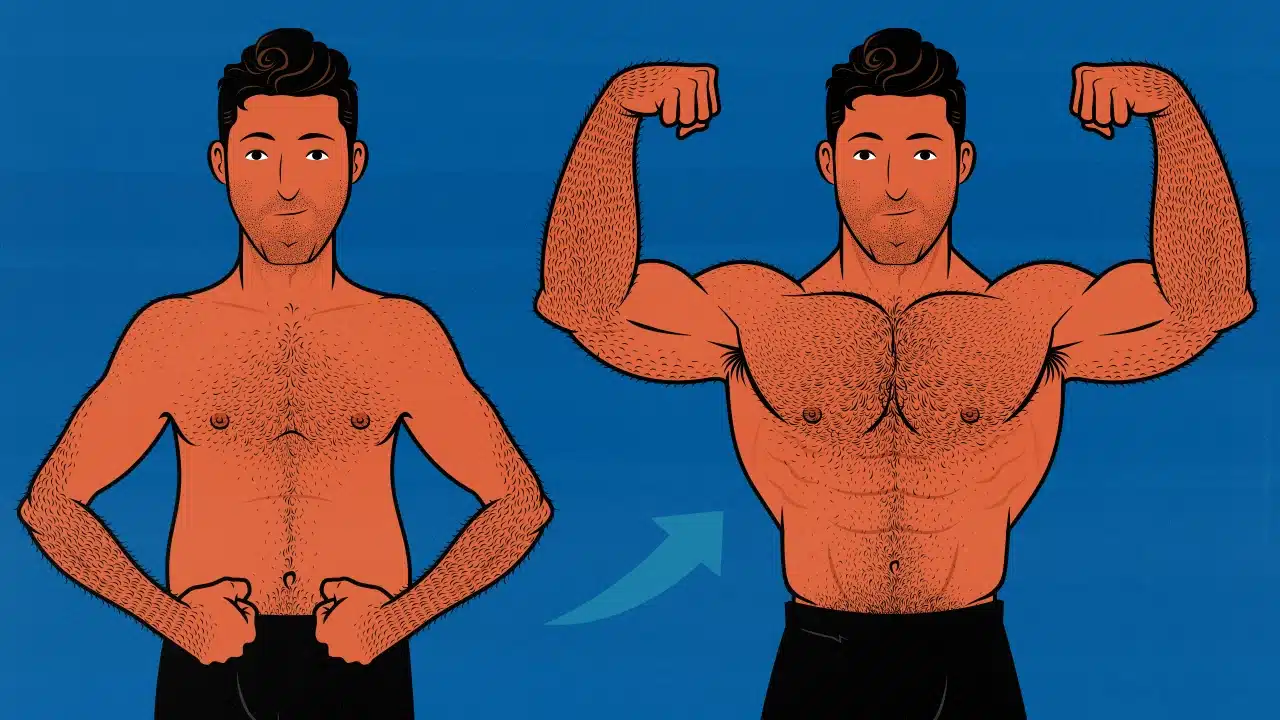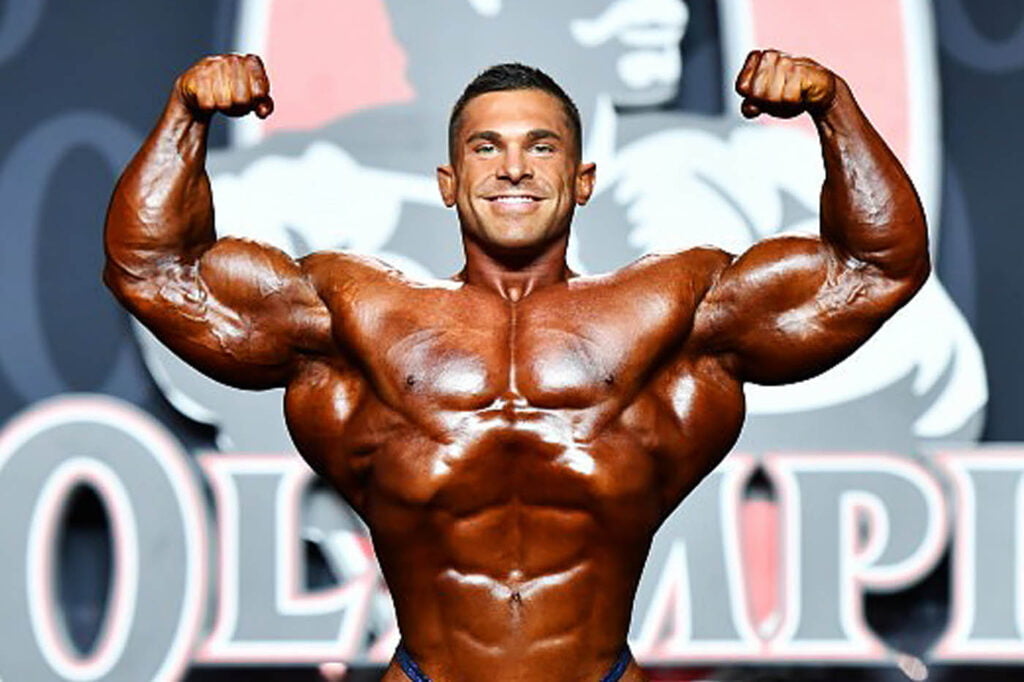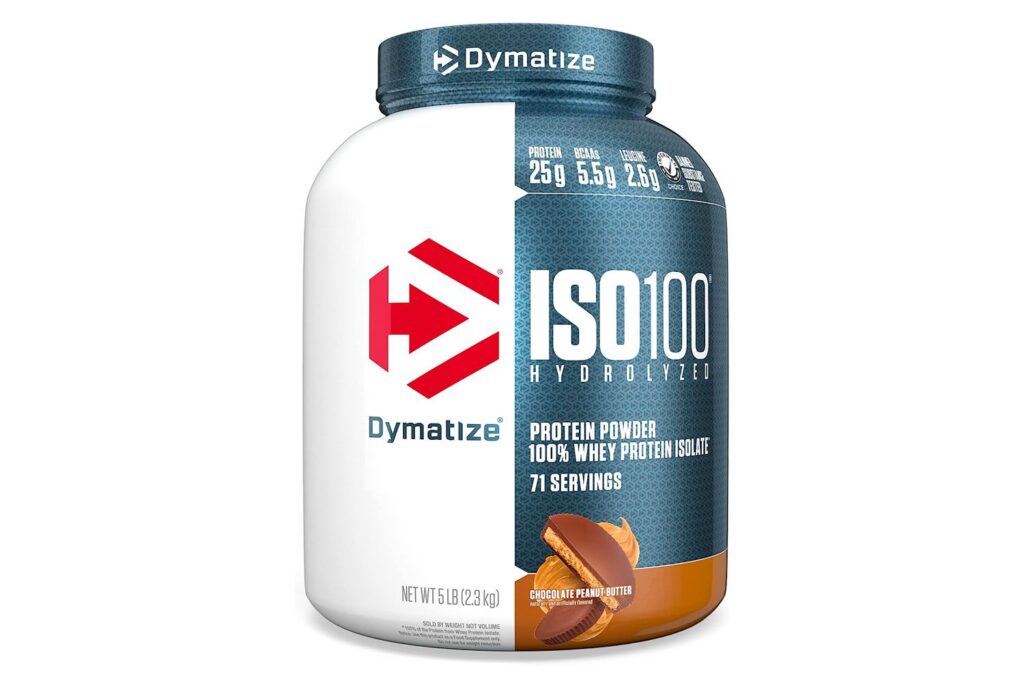Yes, you can cut during the football season while bodybuilding. It requires careful planning and balanced nutrition.
Maintaining a cut during the football season demands a strategic approach. Athletes must focus on preserving muscle mass while reducing body fat. This entails a well-balanced diet rich in protein, healthy fats, and complex carbohydrates. Consistent strength training and adequate rest are also crucial.
Avoid drastic calorie cuts to ensure energy levels stay high for performance. Proper hydration and supplementation can further support your goals. Consulting a nutritionist or coach can provide personalized guidance, making the process more manageable. By staying disciplined and attentive to your body’s needs, you can achieve a successful cut while excelling on the field.
Balancing Football And Bodybuilding
Combining football and bodybuilding can be tough. Both sports need a lot of energy and time. Football practices are intense and leave little room for other workouts. Bodybuilding requires regular weight training and recovery. Balancing both can lead to fatigue and injury. Planning and scheduling become crucial. Proper nutrition and hydration are also essential. Missing out on either can affect performance. Finding the right balance is key to success.
There are many benefits to combining football and bodybuilding. Strength and endurance improve significantly. Muscle gains can enhance football performance. Players become more resilient and less prone to injuries. The discipline from bodybuilding helps in football training. Self-confidence also gets a boost. Combining both sports can make athletes well-rounded. The skills learned in one can benefit the other. Overall, it leads to a healthier and stronger body.
Nutritional Strategies
Cutting weight needs careful planning. Reduce your caloric intake slowly. Too fast can harm your performance. Aim for a small caloric deficit. This means eating fewer calories than you burn. Track your calories daily. Use a food diary or app.
Choose foods that are high in nutrients. Avoid empty calories. Eat lots of vegetables and fruits. These keep you full and provide vitamins. Include whole grains for energy.
Protein is very important for muscle health. Aim for 1.2 to 1.5 grams of protein per kilogram of body weight. This helps keep your muscles strong. Good sources of protein include chicken, fish, and tofu. Eggs and beans are also great.
Spread your protein intake throughout the day. Eat protein with every meal. This helps your body use it better. Consider a protein shake after workouts. It helps with muscle recovery.
Workout Routines
Strength training is crucial during football season. Focus on compound exercises like squats, bench presses, and deadlifts. These exercises work multiple muscle groups. Keep workouts short and intense. Aim for 3-4 sessions per week. Each session should last 45 minutes to an hour. Use moderate weights to avoid overtraining. Rest is essential for recovery. Make sure to get enough sleep. Proper nutrition also helps with muscle recovery and growth.
Cardio is important for both football and bodybuilding. It helps improve stamina and endurance. Incorporate high-intensity interval training (HIIT). HIIT sessions can be 20-30 minutes long. Alternate between sprints and slow jogging. This method burns fat while preserving muscle. Low-intensity cardio can also be beneficial. Walking or light jogging for 30-45 minutes works well. Do cardio 2-3 times a week. It keeps the heart healthy and aids in fat loss.

Credit: bonytobeastly.com
Recovery Techniques
Rest is crucial for muscles to grow. During rest, muscles repair and get stronger. Without enough rest, injuries may happen. A good night’s sleep is important. Aim for 7-9 hours of sleep each night. Proper rest helps in maintaining performance on the field.
Stretching helps muscles to relax and recover. Light exercises improve blood flow and reduce soreness. Staying hydrated is essential for recovery. Drinking water helps to flush out toxins. Ice baths can reduce muscle inflammation. Eating healthy foods supports muscle repair. Protein-rich foods are especially good. Taking breaks between workouts prevents overtraining.
Mental Preparation
Stay motivated by setting clear goals. Visualize your success every day. Keep a workout journal to track progress. Celebrate small victories. Surround yourself with supportive people. Listen to uplifting music during workouts. Remember why you started. Keep your end goal in mind. Avoid negative self-talk. Stay focused on your long-term vision. Find inspiration from athletes you admire. Stay positive.
Learn to manage stress effectively. Practice deep breathing exercises. Meditate for a few minutes daily. Get enough sleep each night. Drink plenty of water. Eat a balanced diet. Take breaks when needed. Avoid overtraining. Talk to friends or family about your feelings. Listen to soothing music to relax. Engage in hobbies you enjoy. Stay organized with a daily planner. Laugh often.
Expert Tips And Advice
Coaches believe cutting during football season is possible. They advise focusing on nutrition and training balance. Eating high-protein meals helps maintain muscle mass. Hydration is also crucial. Coaches suggest short, intense workouts to save energy. Recovery time is important to avoid injuries. Sleep should not be neglected for optimal performance.
Professional athletes share their experiences on cutting. They emphasize discipline and consistency. Meal prepping helps stick to a diet. Athletes recommend tracking progress regularly. They find support from teammates helpful. Some use supplements for additional nutrition. Mental strength is key to staying focused.
Common Mistakes To Avoid
Overtraining can lead to serious injuries. Muscles need time to recover. Rest days are very important. Too much training can make you weaker. It can also cause burnout. Balance your workouts to stay healthy. Listen to your body to avoid overtraining.
Nutrition is key for muscle growth. Eating poorly can slow down progress. Your body needs protein, carbs, and fats. Skipping meals can hurt your performance. Drink plenty of water to stay hydrated. Always plan your meals for better results. Proper nutrition helps you recover faster.

Credit: www.instagram.com
Tracking Progress
Track your progress with simple tools. Use a journal to note daily activities. Record weight, reps, and sets. Keep an eye on energy levels and recovery time. Regularly check your body measurements. This helps you see improvements over time. Photos can show changes not seen on a scale.
Adjust your plan based on your progress. If you feel too tired, reduce the intensity. Increase protein if you are not recovering well. Modify workouts to fit your schedule. Listen to your body’s signals. Changes might be needed to avoid injury. Small tweaks can make a big difference.

Credit: www.ebay.com
Frequently Asked Questions
Should I Bulk Or Cut During Football Season?
It’s best to focus on maintaining your current weight during football season. Prioritize strength and conditioning.
Do Football Players Cut And Bulk?
Yes, football players often go through cutting and bulking phases. They cut to reduce body fat and bulk to build muscle.
Should Football Players Workout During The Season?
Yes, football players should workout during the season. It helps maintain strength, prevent injuries, and improve performance.
What Is The Cutting Season For Bodybuilding?
The cutting season for bodybuilding is the phase where athletes focus on losing fat while preserving muscle mass. It typically occurs after a bulking phase and involves a calorie deficit, increased cardio, and strength training. This period helps bodybuilders achieve a lean, defined physique for competitions or personal goals.
Conclusion
Balancing football season with bodybuilding is possible with the right strategy. Focus on nutrition, recovery, and smart training. Listen to your body and adjust as needed. Remember, consistency and discipline will help you achieve your goals. Stay committed, and you’ll see progress in both sports and physique.










